The boss of Marks & Spencer has defended the decision to spend £750 million on a food delivery tie-up with Ocado, the online grocer, in a deal that it will fund by slashing its dividend and asking its shareholders for cash (The Times £). Rowe rejected suggestions that M&S had paid too much to get into the growing internet grocery business. “We think we’re paying a fair price and I think Ocado do too,” he told reporters on Wednesday (The Guardian).
When Steve Rowe, the chief executive of Marks & Spencer, was asked yesterday how many shops the retailer planned to close in the next few years, his counterpart at Ocado stepped in to answer. “I feel very strongly that through this transformational deal that we’ve done today, Steve will have more shops in five years than he would do if he hadn’t done this deal,” Tim Steiner said. (The Times £)
Rowe called it a “game-changing move to reshape Marks & Spencer” following years of resistance to launching an online food service after declaring that the retailer’s small basket size would make deliveries too expensive. (The Telegraph)
M&S paying ‘high price’ for Ocado, say analysts. Plans to raise £600m via a rights issue and dividend cut an ‘extravagant use of shareholders’ cash’ (The Financial Times £). Marks & Spencer’s shares plunged after shareholders were spooked by its ‘extravagant’ delivery tie-up with Ocado (The Daily Mail). Marks and Spencer is facing a backlash from investors following confirmation of a deal with Ocado that will see the retailer’s food delivered to homes for the first time (Sky News).
The Telegraph’s Ben Marlow explores why the pricey Ocado deal is unlikely to deliver for Marks & Spencer. “It is hard to escape the conclusion that in its desperation to gatecrash the online grocery race, M&S is essentially getting access to Ocado’s 721,000 customers - and not much else.” (The Telegraph)
Conversely, The Mail’s Alex Brummer says Ocado deal gives M&S a lifeline in a highly competitive market. We know from the desperation of Sainsbury’s to merge with Asda and the rush into partnership with Ocado by Kroger in the US that for food retailers, fearful of the presence of Amazon, it is time for boldness. M&S has given itself a lifeline in a highly competitive market. (The Daily Mail)
News that Ocado was ending its partnership with Waitrose went down badly on social media, where customers threatened to go elsewhere (The Times £). The Mail looks at the winners and losers from the deal, noting that Waitrose customers look to be getting a raw deal (The Daily Mail). Waitrose managing director Rob Collins said the supermarket chain had strengthened its own online business “significantly” and that it planned to double its sales within five years (The BBC).
Marshall Wace, the London hedge fund, hit a rare jackpot on Wednesday when three of the stocks it was betting against, including M&S, had the sharpest falls on the UK stock market. (The Financial Times £)
Premier Foods has appointed two activist investors to its board and announced a review of “strategic options for increasing shareholder value”. The board rejig opens up the possibility that the heavily indebted maker of Mr Kipling cakes and Ambrosia desserts could sell parts of its business or even the whole group (The Financial Times £). Premier Foods said that it would review options to boost shareholder value as two shareholding rebels pushing for change at the group got three nominees appointed to the board and as two long-servers agreed to step down (The Times £).
The chief executive and group commercial director of Patisserie Valerie have been dismissed by the café chain’s new owner. Steve Francis, who was brought in as chief executive in November, and Rhys Iley, a former head of Starbucks UK, had been preparing to invest in the business alongside Causeway Capital Partners, an Irish private equity firm, when the sackings took place. (The Times £)
The pound jumped to a fresh 10-month high on Wednesday after it became obvious that Britain will avoid crashing out of the EU without a deal. Obvious, that is, to City traders, who have always bet that a deal is the most likely outcome of the Brexit talks and now believe it to be a racing certainty. (The Guardian)
Proposed new post-Brexit immigration rules will “decimate” factory workforces, the UK’s main manufacturing association has warned. Plans to introduce a £30,000 minimum salary threshold would have “disastrous impacts”, said Make UK. (The BBC)
Shoppers are staying strong despite the political turmoil in the run-up to the scheduled date for Brexit, in a positive sign that the economy could keep growing despite warnings of severe uncertainty. (The Telegraph)
WW’s chief executive has defended her decision to ditch the five-decades old Weight Watchers name after the company revealed that hundreds of thousands of subscribers had quit in recent months and issued a profit warning for 2019. (The Financial Times £)
Campbell Soup’s turnaround plan and recent acquisitions appear to be bearing fruit, helping the company beat expectations for sales and adjusted earnings in its second quarter and reaffirm its guidance for 2019. (The Financial Times £)
Warren Buffett was too American to see through Kraft, writes The FT. The founder of Berkshire Hathaway put excess faith in US packaged food brands. (The Financial Times £)
Short sellers expect more pain in US retail. Those who made big bets against US retailers a couple of years ago had hoped for carnage across the board. No one could compete with the rise and rise of Amazon, the theory went, which would make life hard for every mall tenant across America. (The Financial Times £)







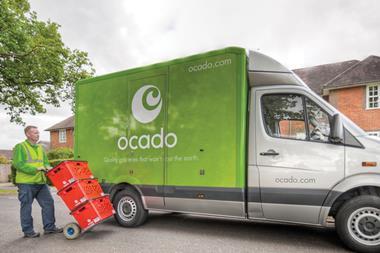
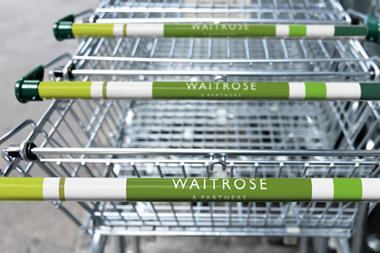
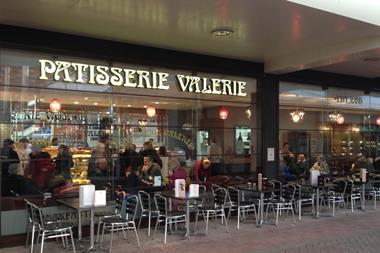
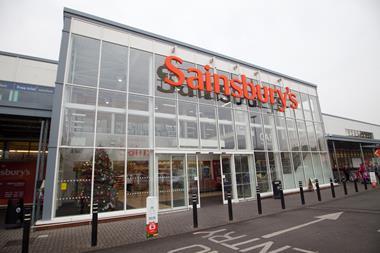
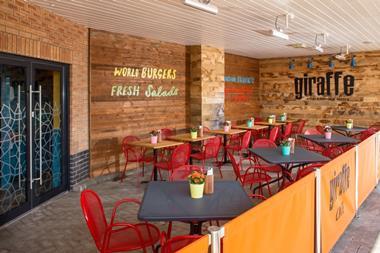
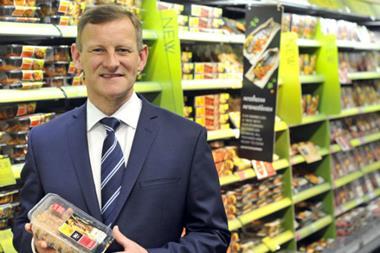






No comments yet